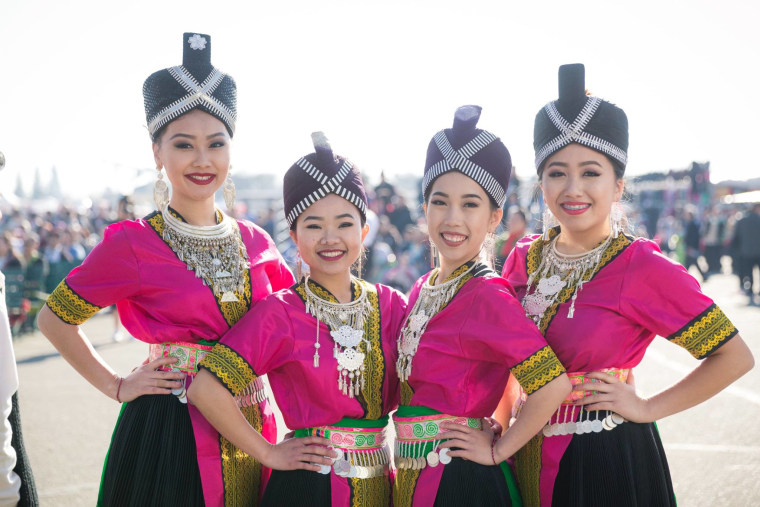This week's topic is about marginalization and miseducation. After reading the autoethnography by Manee Moua, I have a deeper understanding of this issue. The author used her personal experience as a Hmong American women to give us a more complex understanding of Hmong American identities in higher education. She mentioned that although the number of Hmong American graduate students continue to grow, they are still significantly underrepresented. One evidence of them being underrepresented is the lack of research on this topic. The model minorities stereotype also plays a role in this. The stereotype believes that Asians are doing well so they have nothing to complain about compare to other ethnic groups. Because of this stereotype, many AAPI has been excluded from researches about their racial identity because people refuse to believe that AAPI are marginalized or oppressed at all. I think this model minorities stereotype, as we've discussed in last week's class, is socially constructed in favor of those people in power. They want to use us as a model to devalue other minority groups and attribute their lack of success to their lack of hard work. The problem of this stereotype is that it only creates more pressure for those AAPIs that aren't really successful, and they don't even have a chance to speak up for themselves and this could result in them being underrepresented. In higher education, this could create a cultural barrier for AAPI graduate students. If they are doing well, it's only because they are Asian and they are suppose to be smart. They might need to work twice as hard as others for their work to be recognized by others. In the article, the author wrote about the story that her adviser thought she is not interested in doing research because she worked "too hard" on the small tasks. She mentioned that growing up, she was taught to question less and work hard. I was raised by Chinese parents and they always taught me the same thing. Talk less and work hard is a good quality in our culture. But in today's world, this traditional culture make us not receiving enough resources. I think these type of things happen to Asian Americans way too often because we are too quite and too afraid to fight for ourselves. I think it is better if we could break the "model minorities" stereotype and show the world that we can speak up for ourselves too.
My question: What can we do to break the stereotype that Asians won't speak up for themselves?
 |
| Hmong-American women in traditional clothing at the 2015 Hmong International New Year in Fresno, California. |
Reference:
Moua, M.(N/A). Navigating Graduate Education as a First-Generation, Hmong American Woman: An Auto-ethnography. Hmong Studies Journal, vol 19(1): 1-25.
Photo:
By Xiong VFX
https://www.nbcnews.com/news/asian-america/largest-u-s-hmong-new-year-celebration-kicks-california-n700316
Moua, M.(N/A). Navigating Graduate Education as a First-Generation, Hmong American Woman: An Auto-ethnography. Hmong Studies Journal, vol 19(1): 1-25.
Photo:
By Xiong VFX
https://www.nbcnews.com/news/asian-america/largest-u-s-hmong-new-year-celebration-kicks-california-n700316
No comments:
Post a Comment